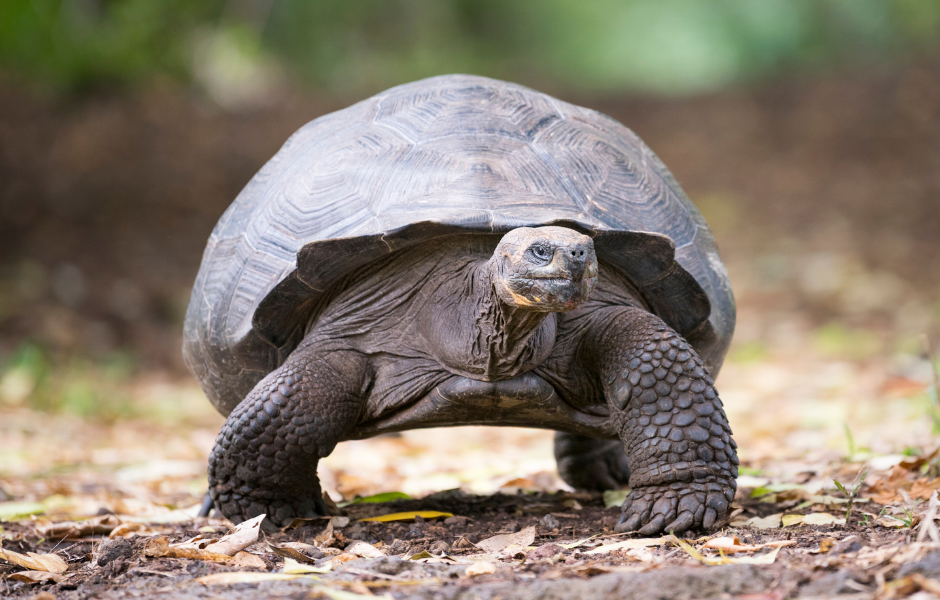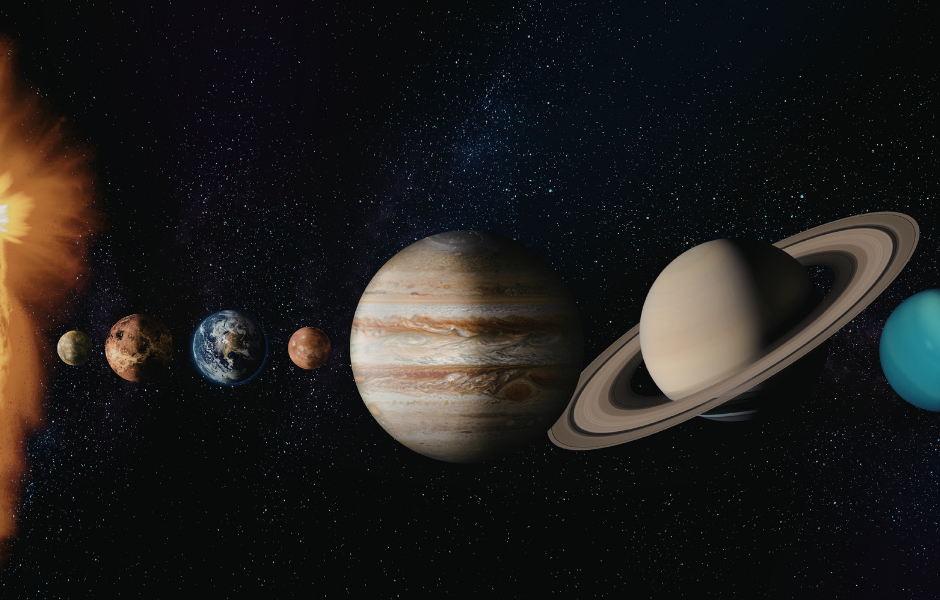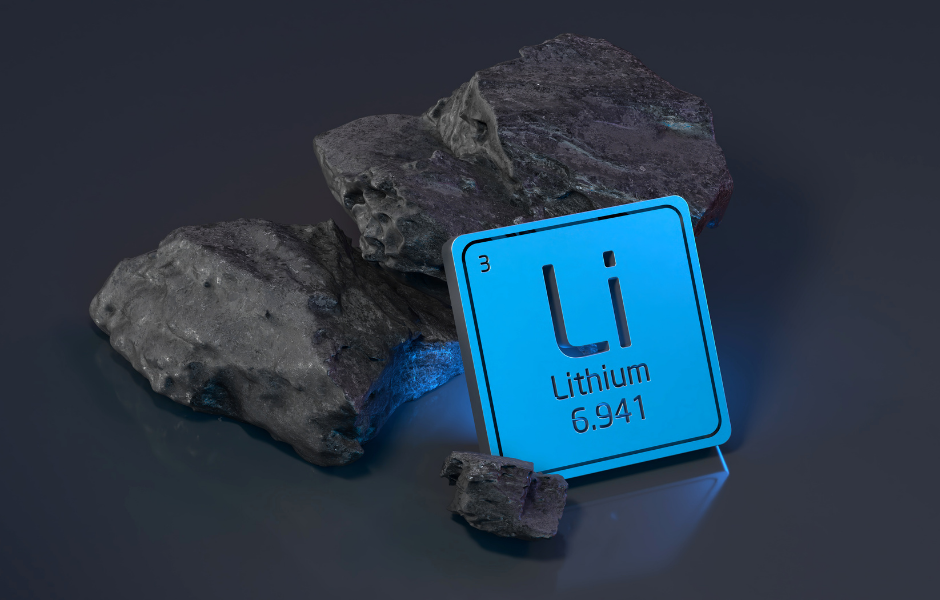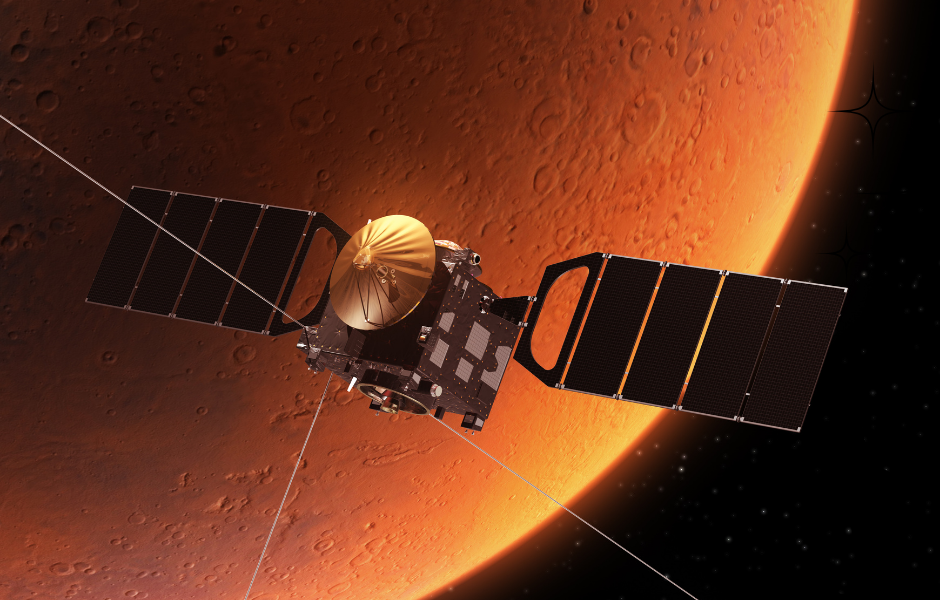
This children’s article, The Mars Orbiter learns a new trick, has been written for native English speakers and learners of English as a second or foreign language. It can help children build vocabulary, learn about space science, and discover how machines work far from Earth. Written by Mark Pulley, a teacher and writer who creates fun and informative news articles for English learners.
A space robot that’s still going strong
NASA’s Mars Reconnaissance Orbiter (MRO) has been flying around the red planet since 2006. It was only supposed to stay for two years, but it’s still working brilliantly nearly 20 years later!
The orbiter was sent to look for signs of water on Mars, but now it does much more. It watches the planet’s weather, helps choose safe places for landings, and sends back beautiful pictures of Mars.
Learning to roll in space
Now, after all these years, the MRO has learned how to roll. That means it can gently turn its whole body while flying through space. But this isn’t like doing a cartwheel on Earth; it’s very complicated.
Each roll takes weeks to plan, and the orbiter only does one or two big rolls each year. The new skill helps the orbiter look at things from different angles and search for water deep underground.
Why is rolling so tricky?
The orbiter is full of different scientific tools, and they don’t all point in the same direction. So, when the orbiter rolls to aim one instrument, others might end up facing the wrong way!
NASA had to teach the orbiter’s computer how to move carefully, keeping everything working together. Scientists say it’s like trying to turn your head to look at something while also sniffing and listening in other directions at the same time!
Still exploring after all these years
Even after nearly two decades in space, the Mars Orbiter is still learning and helping. It may not be landing on Mars itself, but it’s a vital helper for other missions like the Perseverance rover.
Thanks to new tricks like rolling, the MRO can keep giving us fresh information about Mars for years to come. Who knows what it’ll spot next?
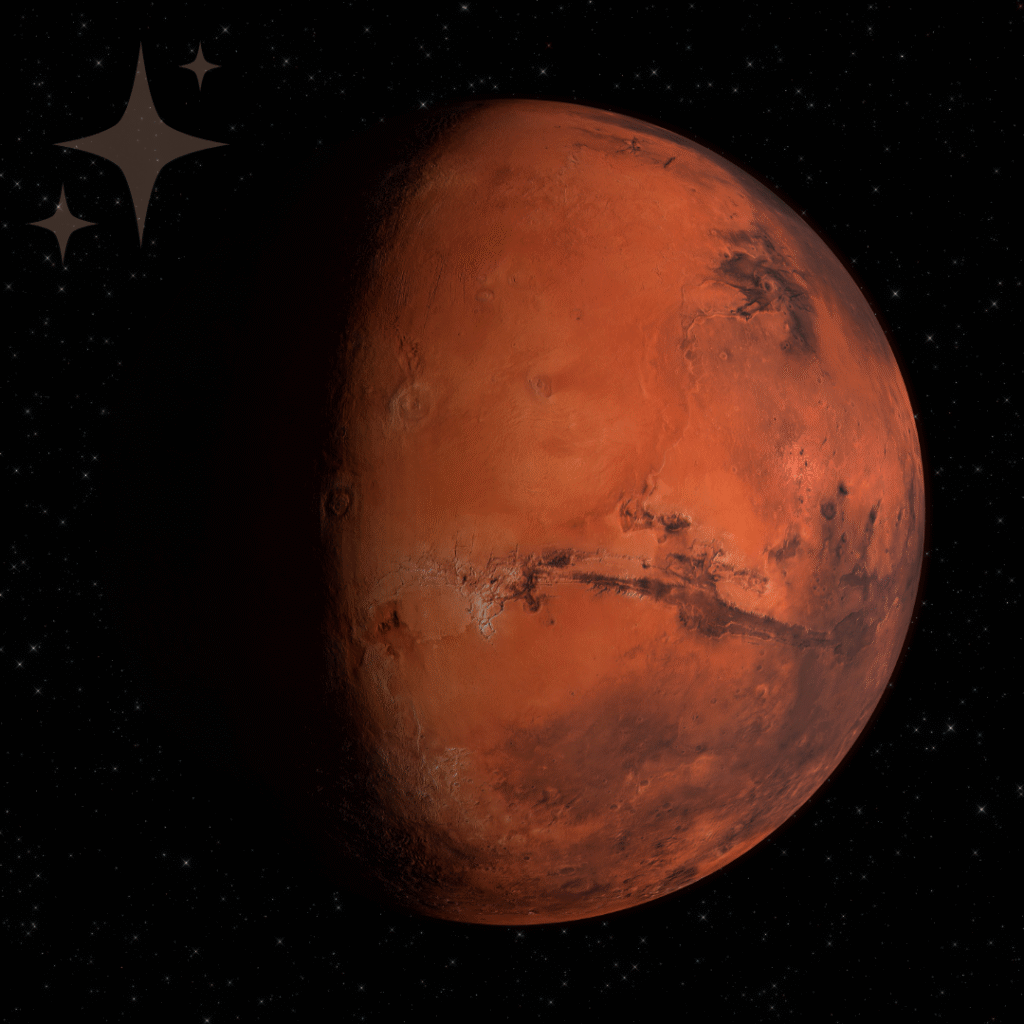
Article vocabulary list
- Orbiter – A spacecraft that flies around a planet or moon without landing.
- Reconnaissance – Looking closely at something to gather information.
- Instrument – A special tool or device used in science.
- Roll – To turn or spin slowly around an axis or side.
- Mission – A special job or task, often done by a spacecraft or team.
- Vital – Very important or necessary.
- Angle – A way of looking at something from a different side or direction.
- Perseverance – The name of a Mars rover, also means not giving up.
- Complicated – Difficult to do or understand.
- Sniff – To smell something by taking air in through your nose.
Comprehension questions
Just click the plus (+) to see the answer
1. When did the Mars Reconnaissance Orbiter launch?
A) 2012
B) 2006
C) 1999
Answer: B) 2006
2. What was the orbiter’s original mission?
A) To take selfies
B) To look for water
C) To land on Mars
Answer: B) To look for water
3. Why is rolling helpful?
A) It makes the orbiter go faster
B) It helps the orbiter look from new angles
C) It’s just for fun
Answer: B) It helps the orbiter look from new angles
4. Why is rolling difficult for the orbiter?
A) It has no arms
B) It’s very old
C) Its instruments face different directions
Answer: C) Its instruments face different directions
5. What is one job the orbiter does now?
A) It plants trees
B) It helps with landings on Mars
C) It builds space stations
Answer: B) It helps with landings on Mars

Mark is a writer and EFL teacher from England with eight years’ experience. He’s passionate about travel, sport (especially football), animals, nature, and history, and enjoys helping children explore the world through language and learning.

